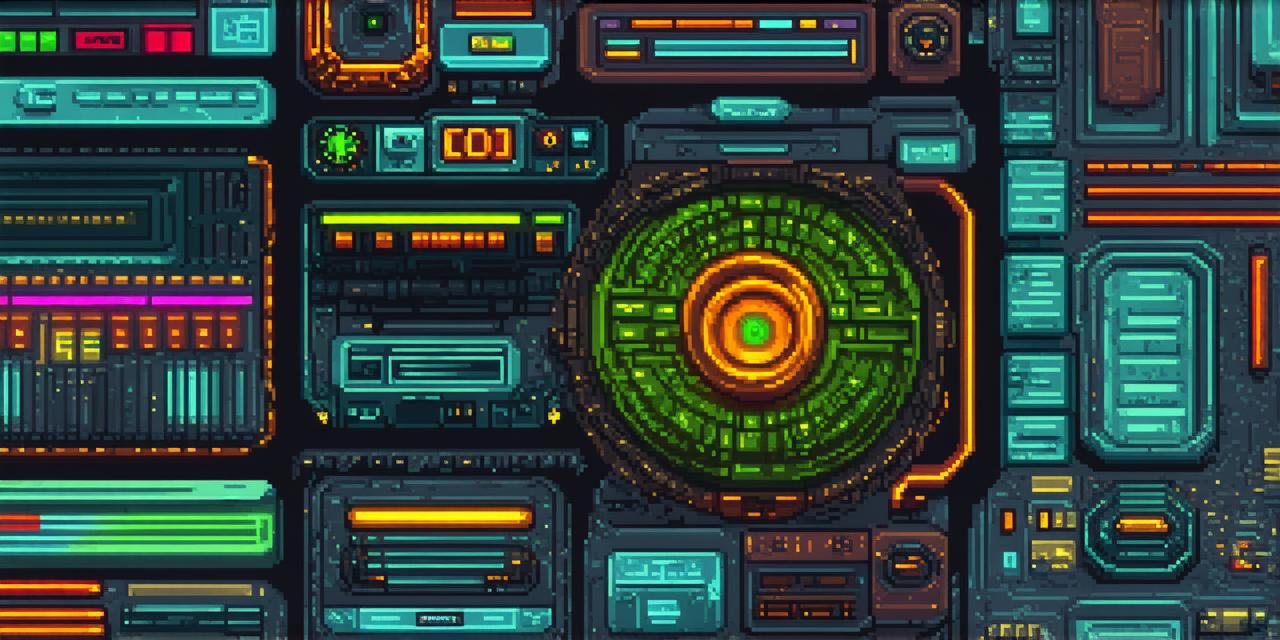Get Quick Support for Game Development
<!DOCTYPE html>
As a game developer, you understand that creating a successful game requires a lot of hard work, creativity, and attention to detail. But what do you do when you run into a problem or need help with a specific aspect of your project? In these situations, quick and efficient support can be the difference between success and failure.
In this article, we will explore some strategies for getting quick support for game development projects. We’ll look at different types of support available, including online communities, mentors, and service providers. We’ll also discuss how to evaluate and choose the right support options for your needs.
Types of Support Available for Game Development Projects
When it comes to game development, there are a variety of different types of support available to help you succeed. Here are some of the most common:
Online Communities
There are numerous online communities where game developers can connect with other professionals in the field and get advice and support on various aspects of their projects. These communities often include forums, social media groups, and chat rooms where you can ask questions, share ideas, and collaborate with others. Some popular online communities for game developers include Reddit’s r/gamedev subreddit, Discord’s Unity community server, and the Game Development Stack Exchange.
Mentors
A mentor is an experienced game developer who can provide guidance and support to help you grow your skills and achieve success in your career. A mentor may be a colleague, a teacher, or a senior member of your team who has more experience and knowledge than you do. To find a mentor, you can look for individuals who have expertise in the areas where you need help and who are willing to share their time and resources with you.
Service Providers
There are also many service providers that offer specialized support for game development projects. These may include software development firms, marketing agencies, or consultants who specialize in specific areas of game development, such as user experience design or programming. When choosing a service provider, it’s important to carefully evaluate their credentials and reputation to ensure that they have the expertise and experience needed to help you achieve your goals.
Evaluating and Choosing the Right Support Options
When selecting a support option for your game development project, there are several key factors to consider:
Cost
One of the most important factors to consider is cost. Some online communities and mentors may offer their services for free, while others may require payment. Service providers typically charge an hourly or fixed rate for their services. It’s important to carefully evaluate your budget and determine what you can afford before selecting a support option.
Availability
Another important factor is availability. Some online communities and mentors may be more active during specific times of the day or week, while others may be more responsive to messages or emails. Service providers may also have different availability options, such as remote work or on-site support. It’s important to find a support option that fits your schedule and availability needs.
Expertise and Experience
The expertise and experience of the support provider is also an important consideration. Look for individuals who have experience in the areas where you need help and who have a proven track record of success. You can ask for references or case studies to get a better understanding of their past work and achievements.
Communication Skills
Effective communication is essential for any successful partnership. Look for support options that have strong communication skills and are easy to work with. This may include individuals who are responsive, professional, and able to explain complex concepts in a clear and concise manner.
Case Studies: Real-Life Examples of Quick Support for Game Development Projects
To illustrate the benefits of quick support for game development projects, let’s take a look at some real-life examples:
Example 1: Online Community
In this example, a game developer was struggling with a specific programming issue in their Unity project.


